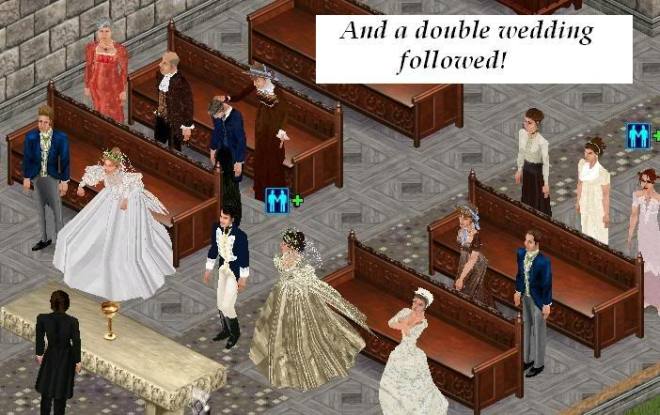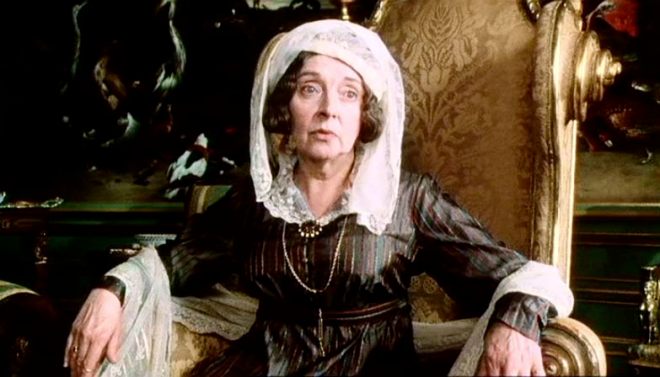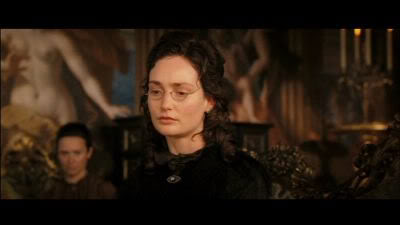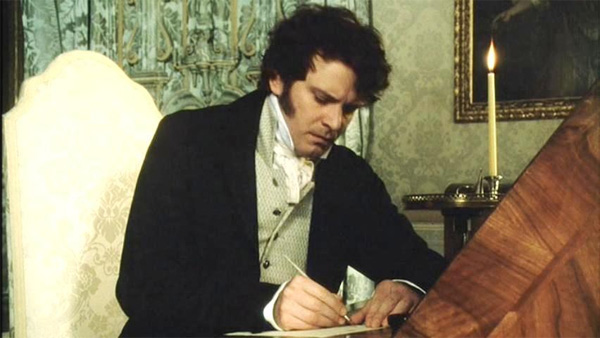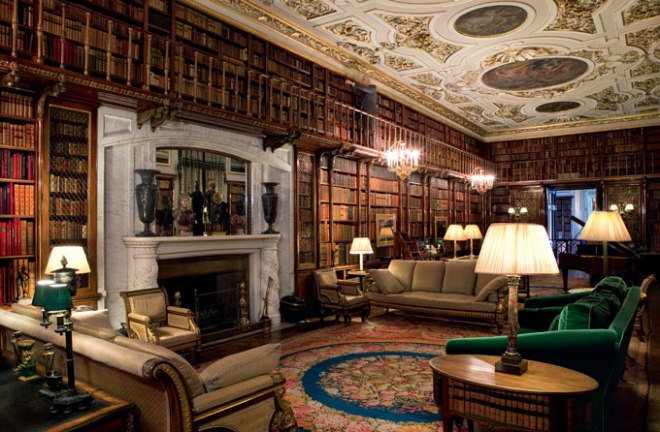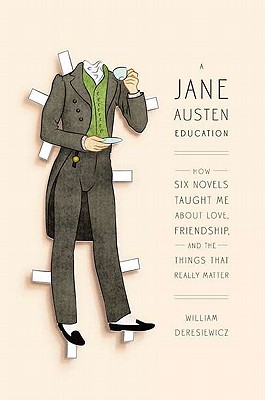Hoping you have not all been holding your breath about Mr Darcy’s feelings in Volume 3, but here I am finally to complete this series, and then can be ready to advance to Mansfield Park. We cannot in good conscience leave the ending unresolved… we last left Lizzie and Darcy at cards, neither giving the game proper attention because they are each rather otherwise occupied with their thoughts…
…They were confined for the evening at different tables, and she had nothing to hope, but that his eyes were so often turned towards her side of the room, as to make him play as unsuccessfully as herself….[p. 260]
We now move on to Vol. III, Ch. xiii, where Bingley visits Longbourn alone, Mr. Darcy to return in 10 days time…and all are in anticipation of Bingley proposing to Jane…
p. 263.
Not a word passed between the sisters concerning Bingley; but Elizabeth went to bed in the happy belief that all must speedily be concluded, unless Mr. Darcy returned within the stated time. Seriously, however, she felt tolerably persuaded that all this must have taken place with that gentleman’s concurrence.
C. E. Brock – P&P (Macmillan 1895) [Mollands]
“On opening the door she perceived her sister and Bingley standing together over the hearth, as if engaged in earnest conversation…”
p. 268. Vol. III, Ch. xiv. Lady Catherine arrives at Longbourn. [something I never noticed before: when Lady C arrives, it is in the morning “too early in the morning for visitors…” – and Bingley is there, and he “instantly prevailed on Miss Bennett to avoid the confinement of such an intrusion, and walk away with him into the shrubbery” – one wonders if Bingley overheard the conversation between Elizabeth and Lady Catherine and was able to convey all that to Darcy, as well as Darcy learning it all from his Aunt directly…]
H. M. Brock – P&P [Mollands] “Tell me, once for all, are you engaged to him?”
p. 270. “A report of a most alarming nature” [notes refer the reader to John Sutherland’s essay on “Who Betrayed Elizabeth Bennet?” (in book of same title, Oxford, 1999.) – Sutherland points the finger at Charlotte Lucas.
p. 275. Elizabeth ponders Lady Catherine’s visit with a “discomposure of spirits”
…but from what the report of their engagement could originate, Elizabeth was at a loss to imagine; till she recollected that his being the intimate friend of Bingley, and her being the sister of Jane, was enough, at a time when the expectation of one wedding made everybody eager for another, to supply the idea. She had not herself forgotten to feel that the marriage of her sister must bring them more frequently together. And her neighbours at Lucas Lodge, therefore (for through their communication with the Collinses the report, she concluded, had reached Lady Catherine), had only set that down as almost certain and immediate, which she had looked forward to as possible, at some future time.
p. 276. Elizabeth’s internal meanderings flip-flop yet again – “he loves me, he loves me not, he loves me…..
“If, therefore, an excuse for not keeping his promise should come to his friend within a few days,” she added, “I shall know how to understand it. I shall then give over every expectation, every wish of his constancy. If he is satisfied with only regretting me, when he might have obtained my affections and hand, I shall soon cease to regret him at all.”
p. 276. This piece gets missed – Elizabeth thinks the letter from Mr. Collins is actually a letter from Mr. Darcy to her father:
The colour now rushed into Elizabeth’s cheeks in the instantaneous conviction of its being a letter from the nephew, instead of the aunt; and she was undetermined whether most to be pleased that he explained himself at all, or offended that his letter was not rather addressed to herself, when her father continued…
p. 277. Elizabeth’s embarrassment at her father’s jocular teasing about Mr. Darcy:
“Mr. Darcy, you see, is the man! … Mr. Darcy, who never looks at any woman but to see a blemish, and who probably never looked at you in his life! It is admirable!”
Elizabeth tried to join in her father’s pleasantry, but could only force one most reluctant smile. Never had his wit been directed in a manner so little agreeable to her.
p. 278. where Elizabeth questions her own supposition that Mr. Darcy does care for her still:
…To this question his daughter replied only with a laugh; and as it had been asked without the least suspicion, she was not distressed by his repeating it. Elizabeth had never been more at a loss to make her feelings appear what they were not. It was necessary to laugh, when she would rather have cried. Her father had most cruelly mortified her by what he said of Mr. Darcy’s indifference; and she could do nothing but wonder at such a want of penetration, or fear that, perhaps, instead of his seeing too little, she might have fancied too much.
p. 279. The Walk… one of “several miles”… two people completely out of it yet again…
Pride & Prejudice (Winston 1949) -illus. David Gorsline [Austenprose]
Elizabeth was secretly forming a desperate resolution; and, perhaps, he might be doing the same….
while her courage was high, she immediately said — “Mr. Darcy, I am a very selfish creature; and for the sake of giving relief to my own feelings, care not how much I may be wounding yours. I can no longer help thanking you for your unexampled kindness to my poor sister. Ever since I have known it, I have been most anxious to acknowledge to you how gratefully I feel it. Were it known to the rest of my family, I should not have merely my own gratitude to express.”
“I am sorry, exceedingly sorry,” replied Darcy, in a tone of surprise and emotion, “that you have ever been informed of what may, in a mistaken light, have given you uneasiness. I did not think Mrs. Gardiner was so little to be trusted.”
p. 280-84. Proposal #2. [every word should be inderlined here, so not adding any emphasis – the words stand on their own!]
“If you will thank me,” he replied, “let it be for yourself alone. That the wish of giving happiness to you might add force to the other inducements which led me on, I shall not attempt to deny. But your family owe me nothing. Much as I respect them, I believe I thought only of you.” Elizabeth was too much embarrassed to say a word. After a short pause, her companion added, “You are too generous to trifle with me. If your feelings are still what they were last April, tell me so at once. My affections and wishes are unchanged; but one word from you will silence me on this subject for ever.”Elizabeth, feeling all the more than common awkwardness and anxiety of his situation, now forced herself to speak; and immediately, though not very fluently, gave him to understand that her sentiments had undergone so material a change since the period to which he alluded, as to make her receive with gratitude and pleasure his present assurances. The happiness which this reply produced was such as he had probably never felt before, and he expressed himself on the occasion as sensibly and as warmly as a man violently in love can be supposed to do. Had Elizabeth been able to encounter his eyes, she might have seen how well the expression of heartfelt delight diffused over his face became him; but, though she could not look, she could listen, and he told her of feelings which, in proving of what importance she was to him, made his affection every moment more valuable.They walked on, without knowing in what direction. There was too much to be thought, and felt, and said, for attention to any other objects. She soon learnt that they were indebted for their present good understanding to the efforts of his aunt, who did call on him in her return through London, and there relate her journey to Longbourn, its motive, and the substance of her conversation with Elizabeth; dwelling emphatically on every expression of the latter which, in her ladyship’s apprehension, peculiarly denoted her perverseness and assurance, in the belief that such a relation must assist her endeavours to obtain that promise from her nephew which she had refused to give. But, unluckily for her ladyship, its effect had been exactly contrariwise.
“It taught me to hope,” said he, “as I had scarcely ever allowed myself to hope before. I knew enough of your disposition to be certain, that had you been absolutely, irrevocably decided against me, you would have acknowledged it to Lady Catherine, frankly and openly.”
Elizabeth coloured and laughed as she replied, “Yes, you know enough of my frankness to believe me capable of that. After abusing you so abominably to your face, I could have no scruple in abusing you to all your relations.”
… Your reproof, so well applied, I shall never forget: ‘Had you behaved in a more gentlemanlike manner.’ Those were your words. You know not, you can scarcely conceive, how they have tortured me; though it was some time, I confess, before I was reasonable enough to allow their justice.”
After walking several miles in a leisurely manner, and too busy to know anything about it… (p. 283)
P&P 1980 – Elizabeth Garvie and David Rintoul [Rintoul finally smiles!**] [Regency Relfections]
P&P 1995 – Jennifer Ehle and Colin Firth
P&P 2005 – Keira Knightley and Matthew Macfadyen
***************
Etc, etc – I direct you to the book! I shall take a page from Jane Austen herself and tell you no more! They later meander into that precious territory of “when did you first love me?” [with a thank you nod to Joan Klingel Ray on this!] – that all in love succumb to once the object at hand is achieved…:
W. D. Howells, Heroines of Fiction (1901) – Illus A. I. Keller
p. 291: Elizabeth’s spirits soon rising to playfulness again, she wanted Mr. Darcy to account for his having ever fallen in love with her. “How could you begin?” said she. “I can comprehend your going on charmingly, when you had once made a beginning; but what could set you off in the first place?”
Darcy: “I cannot fix on the hour, or the spot, or the look, or the words, which laid the foundation. It is too long ago. I was in the middle before I knew that I had begun.”
****************
Returning to the Proposal, one learns that Elizabeth has all these months kept the letter! [“The letter shall certainly be burnt…” p. 282.]
And other than “But for you, dearest, loveliest Elizabeth!” – what are your favorites lines of Proposal #2?
******************
p. 285. The Awkward evening that follows:
The acknowledged lovers talked and laughed; the unacknowledged were silent. Darcy was not of a disposition in which happiness overflows in mirth; and Elizabeth, agitated and confused, rather knew that she was happy, than felt herself to be so…
And Jane’s response: p. 285 – how like Elizabeth’s response to Charlotte on marrying Mr. Collins!
…she was absolutely incredulous here. “You are joking, Lizzy. This cannot be! — engaged to Mr. Darcy! — No, no, you shall not deceive me. I know it to be impossible.”
And Elizabeth’s answer to Jane’s “Will you tell me how long you have loved him?” – the one sentence that readers and scholars alike have discussed ad nauseum: [what do you think? – do you lean to seeing Elizabeth as more practical and a tad mercenary, or is she joking?? – this line recall is followed by “another intreaty that she would be serious…”]
p. 286. “It has been coming on so gradually, that I hardly know when it began. But I believe I must date it from my first seeing his beautiful grounds at Pemberley.”
Lyme Park a.k.a. Pemberley in P&P 1995 [National Trust ]
Elizabeth told her the motives of her secrecy. She had been unwilling to mention Bingley; and the unsettled state of her own feelings had made her equally avoid the name of his friend. But now she would no longer conceal from her his share in Lydia’s marriage. All was acknowledged, and half the night spent in conversation.
And I love this, easily missed: Bingley conspires to get Elizabeth and Darcy on their own:
[p. 287] As soon as they entered, Bingley looked at her so expressively, and shook hands with such warmth, as left no doubt of his good information; and he soon afterwards said aloud, “Mrs. Bennet, have you no more lanes hereabouts in which Lizzy may lose her way again to-day?”
“I advise Mr. Darcy, and Lizzy, and Kitty,” said Mrs. Bennet, “to walk to Oakham Mount* this morning. It is a nice long walk, and Mr. Darcy has never seen the view.”
“It may do very well for the others,” replied Mr. Bingley; “but I am sure it will be too much for Kitty. Won’t it, Kitty?”
Kitty owned that she had rather stay at home. Darcy professed a great curiosity to see the view from the Mount, and Elizabeth silently consented…
A Hertfordshire view: The Luton Hoo Hotel [Travel Guides 101]
*****************
A few of my favorite lines:
-After Mr. Darcy returns from his visit to Mr. Bennet’s library:
p. 288. she sat in misery till Mr. Darcy appeared again, when, looking at him, she was a little relieved by his smile. [hurray, Mr. Darcy smiles! – I refer you again to John Wiltshire’s essay**]
C. E. Brock, P&P [Mollands]
Elizabeth to her father: “I do, I do like him,” she replied, with tears in her eyes; “I love him. Indeed he has no improper pride. He is perfectly amiable. You do not know what he really is; then pray do not pain me by speaking of him in such terms.”
-p. 289. Elizabeth can rest at last:
…after half an hour’s quiet reflection in her own room, she was able to join the others with tolerable composure. Everything was too recent for gaiety, but the evening passed tranquilly away; there was no longer anything material to be dreaded, and the comfort of ease and familiarity would come in time.
– and this, when Mrs. Bennet is told of the engagement – she is silent, a first perhaps? [p. 290]:
…on first hearing it, Mrs. Bennet sat quite still, and unable to utter a syllable. [p. 290] and then finally “how rich and how great you will be! What pin-money, what jewels, what carriages you will have! Jane’s is nothing to it — nothing at all. I am so pleased — so happy. Such a charming man! — so handsome! so tall!”
– Signs of Mr. Knightley [p. 292]:
“You might have talked to me more when you came to dinner.”
“A man who had felt less, might.”
-Elizabeth’s letter to Aunt Gardiner [I love this!] [p. 293] –
“But now suppose as much as you chuse; give a loose to your fancy, indulge your imagination in every possible flight which the subject will afford…”
-Mrs. Bennet’s relief:
p. 295. Happy for all her maternal feelings was the day on which Mrs. Bennet got rid of her two most deserving daughters…
The Wedding! – P&P 1995
-But I love that Austen ends her Pride and Prejudice with a final nod to the Gardiners: [p. 297-98]
With the Gardiners they were always on the most intimate terms. Darcy, as well as Elizabeth, really loved them; and they were both ever sensible of the warmest gratitude towards the persons who, by bringing her into Derbyshire, had been the means of uniting them.
The Gardiners, P&P 1995 [BBC.co.uk]
The End…
The Wedding – Simblesseoblige http://simblesseoblige.com/viewtopic.php?t=3145
************
Notes:
* Oakham Mount: is it Real or Imaginary?
Most reader’s guides to Pride and Prejudice dismiss Oakham Mount as a mere imaginary location, ignoring the very real Hertfordshire geographical features that almost certainly inspired Jane Austen to create the prominence. Isolated heights, like the one that offered the hero and heroine of Pride and Prejudice a destination with a lovely pastoral view and a chance to speak privately, fringe the Chiltern Hills. These Marilyns command panoramic views of the Hertfordshire countryside divided by hedges, dabbed with groves, sprinkled with manors and villages, and bisected by lanes and streams. When Lizzy accompanied Darcy to Oakham Mount, the couple speak privately, at last, and enjoy the view. [from Georgian Index ]
** See John Wiltshire, “Mr. Darcy’s Smile.” The Cinematic Jane Austen: Essays on the Filmic Sensibility of the Novels. Ed. David Monaghan, Ariane Hudelet, and John Wiltshire. Jefferson, NC: McFarland, 2009. 94-110.
*************
Now on to Fanny and Edmund, not nearly as romantic, but a treasure just the same…














